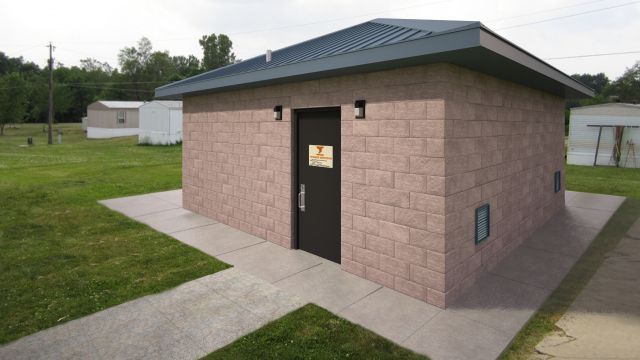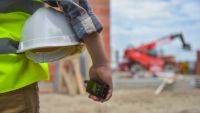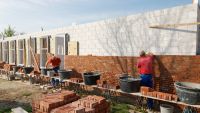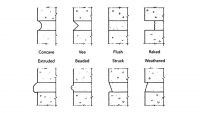Standards compliance in the storm shelter and safe room industry
Industry is surprisingly unregulated
Whether designed for residential or community use, storm shelters and safe rooms protect lives during hurricanes, tornados and other severe weather events. Although many U.S. manufacturers claim to provide storm shelters and safe rooms, the industry is surprisingly unregulated. How can developers and engineers know for certain which storm shelters and safe rooms will withstand the most severe weather and successfully protect the lives within?
The National Storm Shelter Association (NSSA) was founded in 2001 under the leadership of Dr. Ernst Kiesling, a research professor at the Texas Tech University Nation Wind Institute, to answer just this question. The first major undertaking of the NSSA was to develop an industry standard that formed the basis for the International Code Council’s (ICC) standard for storm shelters (ICC-500). Although the NSSA does not certify any shelter manufacturer or design, it does provide procedure and process to validate a manufacturer’s claim that its shelters are in compliance with the applicable standards.
The process for getting verification includes debris-impact testing and wind-pressure analysis or testing of the building components. The process also includes a third-party evaluation of the designs by professional engineers and architects that have been approved by the NSSA to ensure standards compliance. Only after these processes have been successfully completed can manufactures become Producer Members of the NSSA and affix a seal to their shelters. Fewer than 10 percent of all shelter manufacturers in the United States have achieved this voluntary process for NSSA membership.
Many manufacturers of storm shelters and storm shelter products claim to “meet or exceed” two defining documents. The ICC-500 and the Federal Emergency Management Agency’s (FEMA) 320/361 publications are almost always used by manufacturers to ensure the safety of their product. The FEMA P320 (residential) and P361 (community) documents are intended to provide guidance for engineers, architects and manufacturers. The publications include information for the design, materials, construction methods and operation of safe rooms. FEMA does not certify that any engineer, architect or manufacturer – or their products or services – are in compliance with its guidelines. Yet, many manufacturers do claim their products are “FEMA certified” or “FEMA approved.”
Certain criteria in these guidelines must be followed in order to qualify for FEMA safe room grants, but they are not regarded as standards, whereas the ICC-500/NSSA is a consensus standard. Indeed, some state and local jurisdictions in tornado- and hurricane-prone regions have mandated compliance with the ICC-500/NSSA standards. The 2015 International Building Code requires the addition of storm shelters complying with ICC-500/NSSA for certain geographic areas and building uses, such as for schools and police, fire and rescue stations.
With so many products on the market, it is important that consumers understand the claims and word usage by manufacturers such as “certified” or “approved.” The NSSA process shifts the majority of responsibility for standards compliance to the shelter manufacturer. The NSSA is a nonprofit, self-policing organization, and members are required to abide with the bylaws and code of ethics of the association and pledge to produce only those shelters that meet or exceed the standard.
This benefits developers and engineers, as well as the manufacturers, in a number of ways, including guidance for quality products, qualification for grants in certain regions, increased property values, and decreased liability. Choosing only those manufactures that have achieved NSSA membership status is the safest way for developers and engineers to assure that their choice of manufacturer is in compliance with standards.
Originally published in Masonry magazine.
About the Author
Kristopher Lamar is in sales for storm shelters and safe rooms for Romtec Inc., a NSSA Producer Member.



















